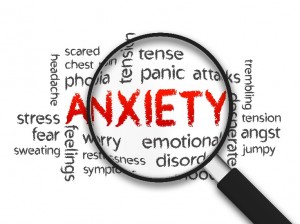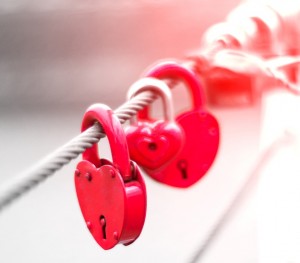This period of isolation is very challenging for most people. It is even more difficult for those who were already trying to recover from any kind of addiction. It is also a really vulnerable time for people that have previously recovered. It is hard to keep on a positive path right now and for many people relapse might be around the corner.
Relapses are very common and natural. Especially when people are under increased levels of stress. However, the most important thing is being able to identify the signs of a relapse and then being able to deal with what is happening.
The key signs to look out for are –
• You have an increased need for control in your life
• Your stress levels are rising
• You find yourself feeling more anxious
• Your sleep is disrupted
• Constant thoughts are taking over
• Higher levels of sadness and hopelessness are happening
• Preoccupation increases
• You have an Increased belief that your failing
• Obsessional behaviours start happening
• Your mood is fluctuating
• You feel distant and disconnected from those closest to you
• Your becoming more dishonest with the closest people in your life
• You are communicating less with people
• You are being even more critical of yourself
• Your forgetting things
• Your motivation is going
• Your libido has slowed down
• You have started using your substance of choice
• You are in denial about your use (Alcohol/drugs/food/nicotine etc)
If you or someone close to you starts to display some of the above signs, then relapse is happening. A relapse can be very disheartening. Often people can feel that they have failed in some way, and that they have let themselves down. It can be very disillusioning to feel that you are going backwards in your recovery, or that you are back where you began.
They key however is to remember that you haven’t gone all the way back to where you began. Recovery is not meant to be perfect and having a relapse doesn’t mean failure.
It’s important to remember that all of your recovery is still with you. Be kind to yourself, show yourself some compassion and remember that you still have your therapeutic toolbox.
Here are some really useful ways to manage a relapse –
• Remind yourself that relapse is a natural part of recovery
• Don’t use your relapse as a way of beating yourself up
• Try and focus on getting back on track with your recovery
• Return to therapy or start it if you aren’t currently in it
• Seek help from your therapist if you are in therapy – be honest about where you are at and what you are doing
• Start to make some positive changes
• Begin to keep a journal of your feelings and thoughts
• Make a structured plan for your week to help things settle down
• Try and identity what triggered your relapse
• Look at different ways of handling those triggers next time you are faced with them
• Start spending time doing the things that you enjoy (within the home)
• Make sure you are connecting with people that make you feel good
• Ensure that you are using your support network
• Be kind to yourself
• Take time out each day just for you
• Slow down and stop putting so much pressure on yourself
• Try your best to talk about what you are feeling
• Listen to your body and your feelings
• Try to trust and accept yourself
• Work towards loving yourself
• Remember to try and enjoy your life


